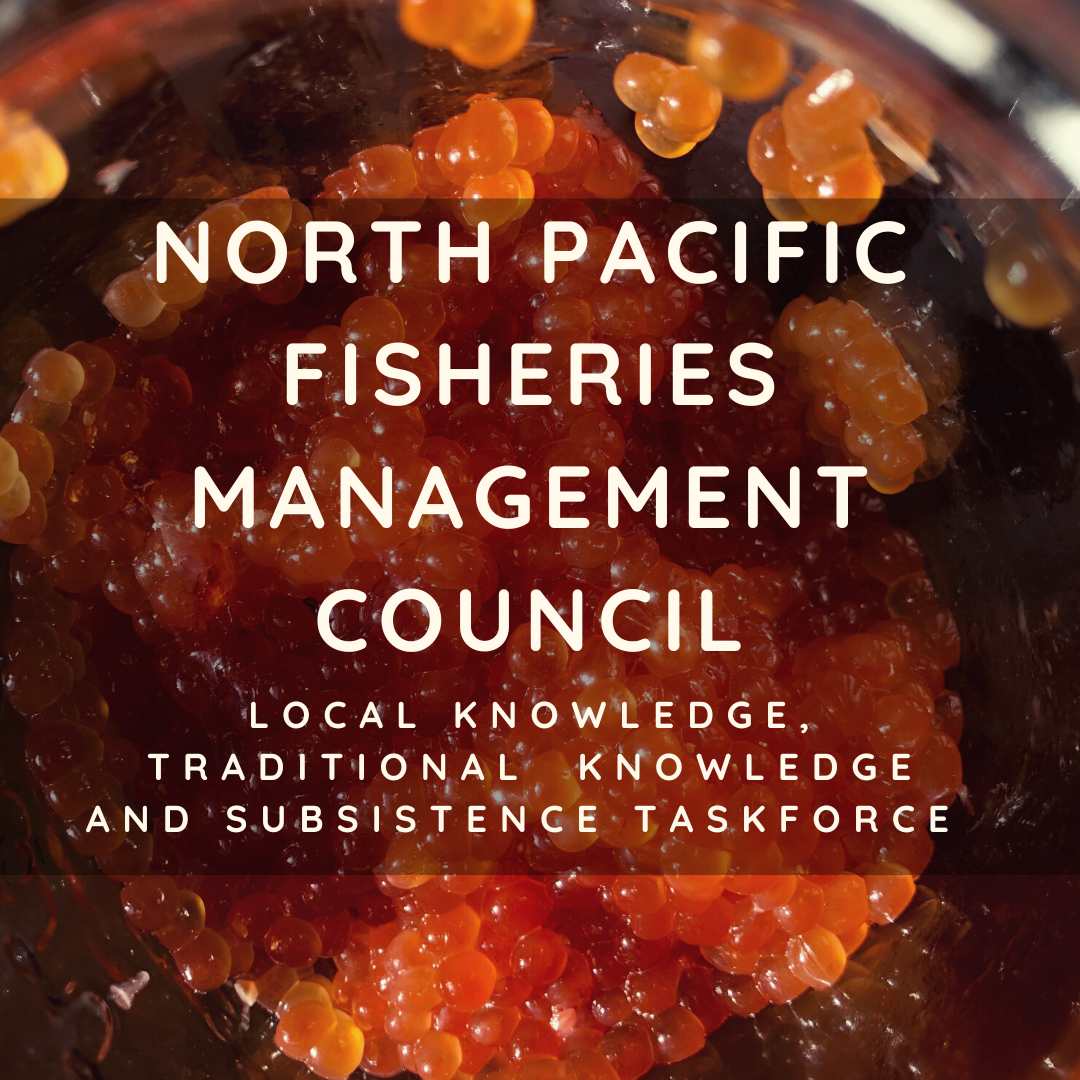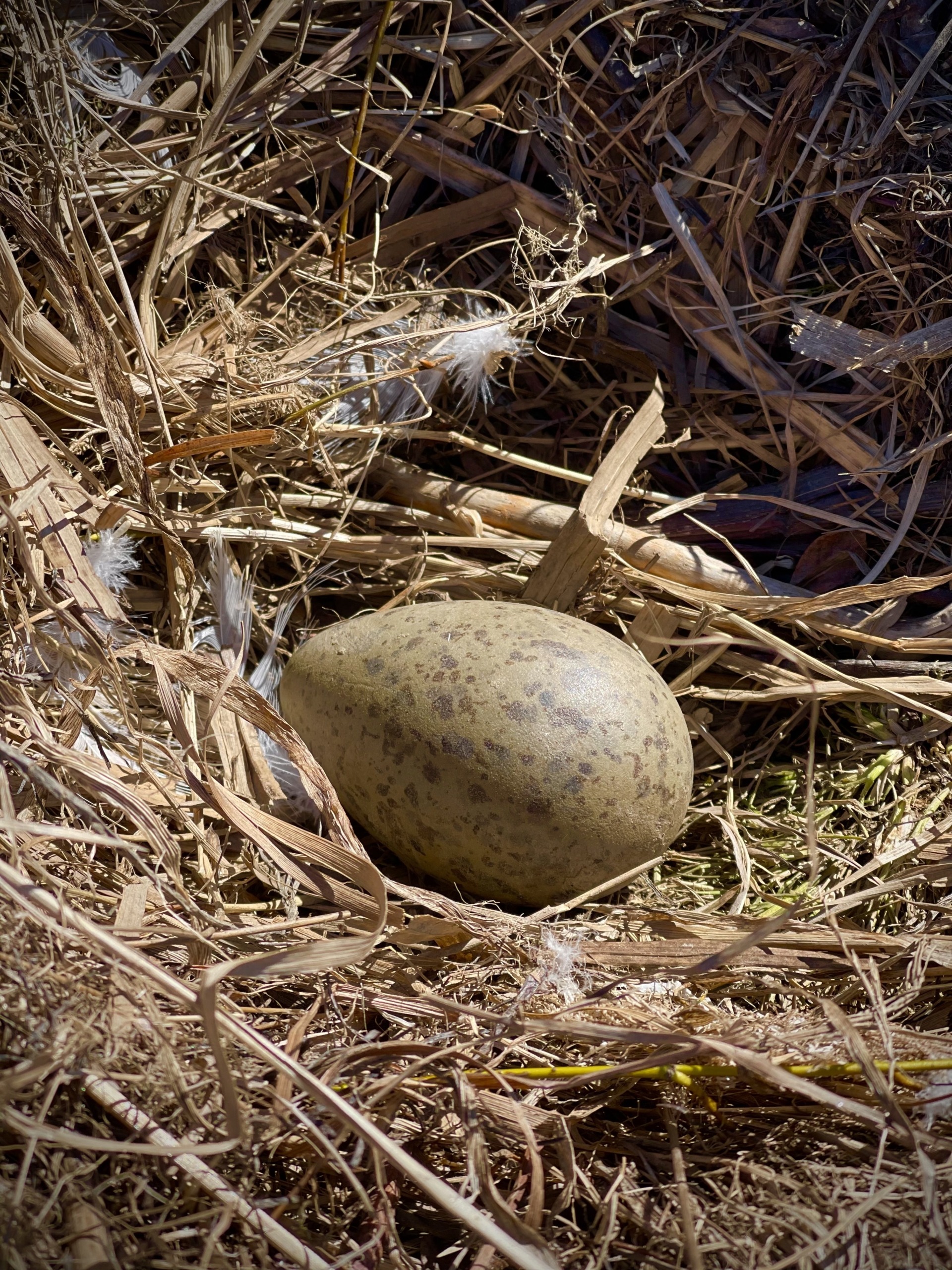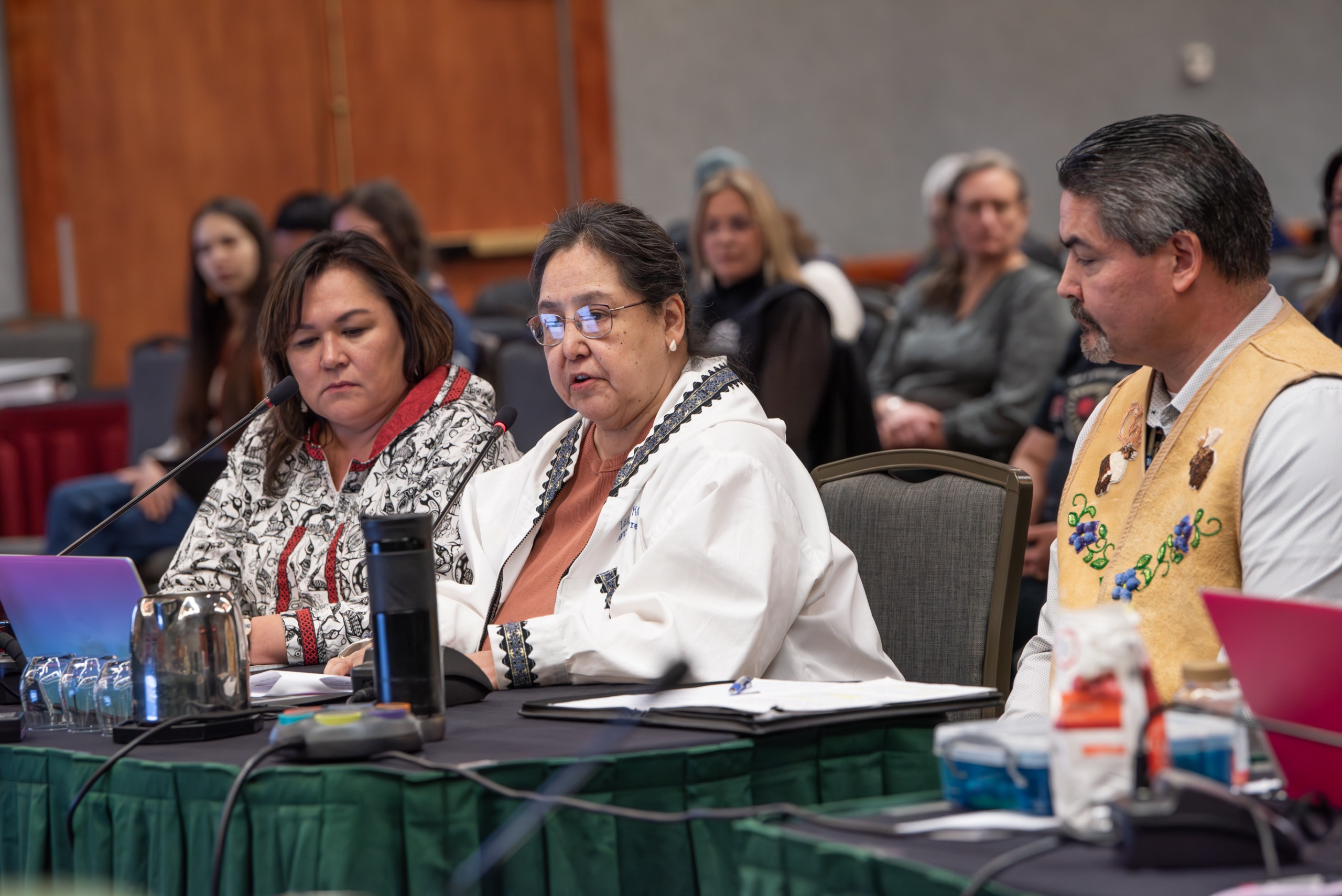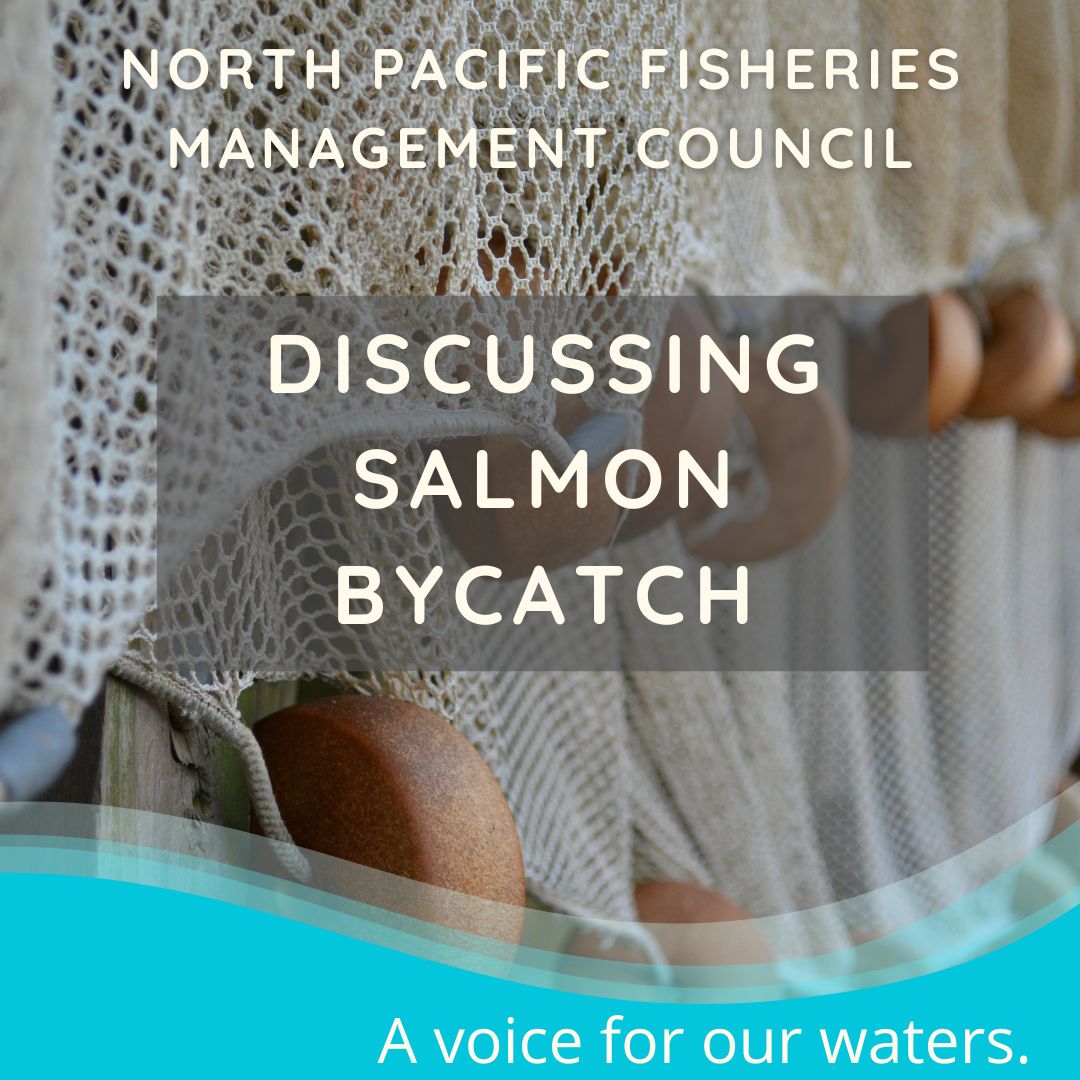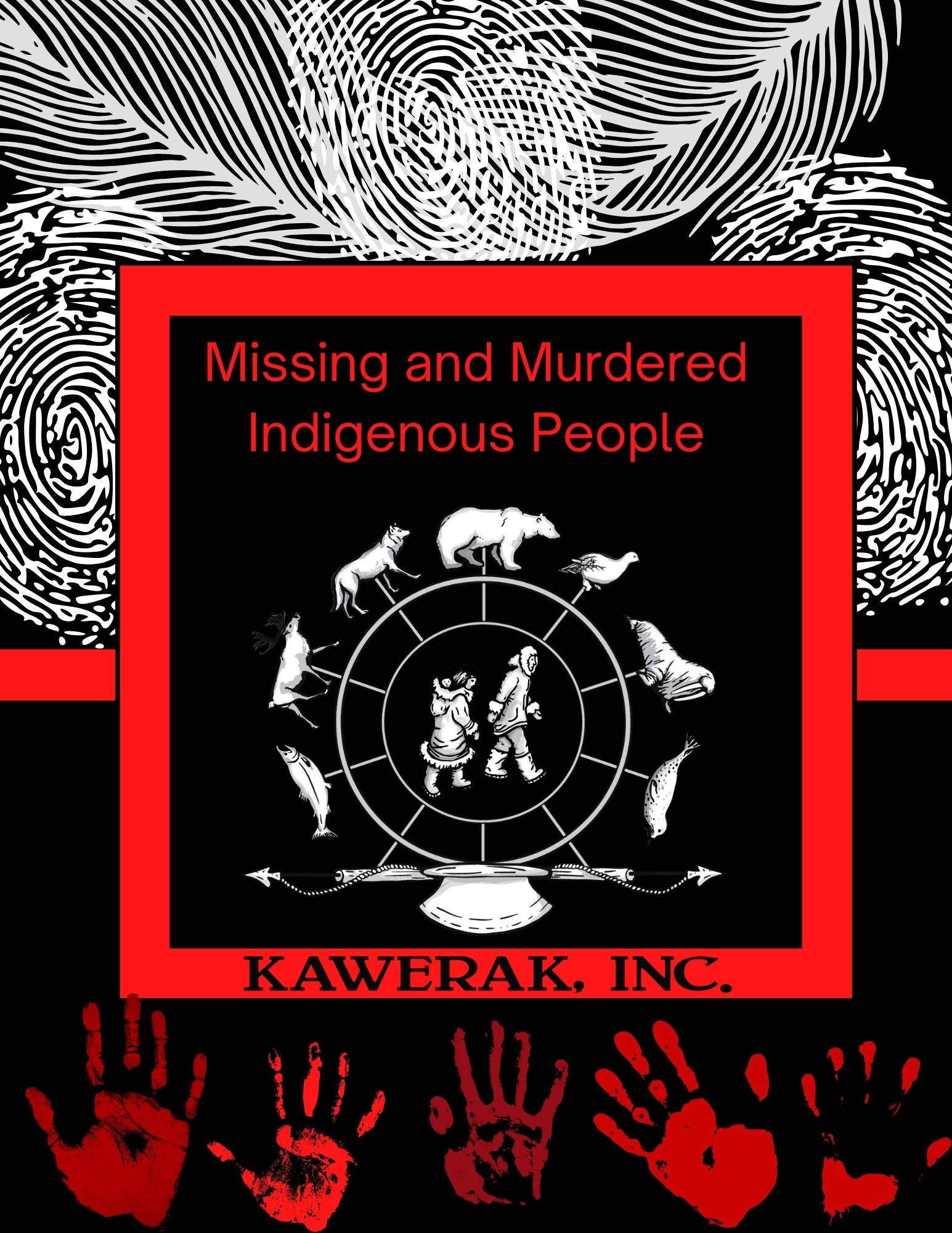The public is encouraged and able to submit Comments on Traditional Knowledge to the North Pacific Fisheries Management Council (NPFMC). Comments can impact the inclusion of Traditional Knowledge in decisions about federal fisheries management, NPFMC engagement with Alaska Native people and their knowledge and concerns. Public comment is open through June 2 at 5pm.
Kawerak is advocating for the NPFMC to adopt the full Local Knowledge, Traditional Knowledge and Subsistence Taskforce Protocol (LKTKS) Protocol and associated Onramps as they are currently written (see Kawerak letter below). For questions about the Traditional Knowledge Taskforce or the Protocol document, please reach out to Kawerak Social Science Program Director, Julie Raymond-Yakoubian (juliery@kawerak.org).
How to Comment
Find the LKTKS Protocol for review here: https://meetings.npfmc.org/Meeting/Details/2991
Submit your comment by 5pm on June 2nd by clicking “Comment Now” and either typing your comment in the box, or uploading a letter.
Kawerak Support Letter of LKTKS Protocol
Dear Dr. Haapala, Dr. Wise, LKTKS Taskforce members, Chair Kinneen, Director Witherell, and Council members,
Kawerak is writing to provide comment on the Local Knowledge, Traditional Knowledge, and Subsistence (LKTKS) Protocol and Onramp documents prepared by the NPFMC’s LKTKS Taskforce. Kawerak is the non-profit Tribal Consortium for the 20 federally-recognized Tribes of the Bering Strait region.
Kawerak strongly commends the work of the Taskforce, and we applaud the Council’s prioritization of this Action Module of the Bering Sea Fishery Ecosystem Plan (BS FEP). We believe the LKTKS Protocol and Onramp recommendations document are excellent as they are, and should not undergo any substantial revisions during the upcoming final Taskforce meeting and the NPFMC October 2023 meeting.
Additionally, at its upcoming October 2023 meeting, we request that the Council fully support and adopt the Protocol, and fully support, begin implementation, and lay out a strategy for complete implementation of the Onramp recommendations as well. We recognize the Council may choose to implement only some of the onramps initially, but we believe that strategically planning to implement them all will improve the Council process for Tribes, stakeholders, and the public generally; will support the Council’s Ecosystem Policy and the goals outlined in the BS FEP; significantly advances Council and Agency goals related to meeting various National Standard mandates – including National Standard 2 with regard to the use of the best scientific information available; and is in alignment with goals, mandates, and guidance related to TK; diversity, equity, inclusivity, and environmental justice; Tribal Consultation; and Ecosystem-Based Fishery Management (EBFM).
In addition to the Protocol and Onramps documents, the Taskforce has also created other products of great value, including the LKTKS Search Engine and the analytical template for staff. Additionally, the Taskforce’s process can be seen as an exemplary model. The Taskforce built upon the transparent and inclusive BS FEP process, and in the Taskforce’s work it brought together LK, TK and Tribal experts, scientists (including social scientists with TK expertise), and Council and Agency staff. All of this speaks to what may be the Council’s most intentionally- developed collaborative cross-cultural product and its most significant activity to-date in terms of ensuring robust inclusion of Tribal perspectives in the Council process. What the Taskforce has produced is impressive and of national significance.
The Protocol provides a framework covering the appropriate and necessary scope related to this topic. This includes a discussion and definition of terms and concepts, which among other things provides a useful basis for understanding, respecting, appreciating, and engaging with various knowledges and knowledge systems. The Protocol also includes reflections on challenges related to implementing the Council’s goals related to LK, TK, and subsistence information, and provides guidelines for moving this work forward. The eight Guidelines included in the Protocol provide guidance and associated recommendations to the Council for how to equitably incorporate multiple knowledge systems into its processes and outcomes. Some of the many important elements of this work include, to name just a few, the paramount importance of respect (Guideline 1), insight into accurately identifying knowledge and knowledge holders (Guideline 3), the importance of building capacity (Guideline 7), and information about navigating multiple knowledge systems (Guideline 8). The 11 onramp recommendations were carefully developed to assist the Council in implementing the Protocol and Guidelines, and address areas that need attention such as Tribal Consultation and engagement, staff capacity, and other issues.
If adopted and implemented, the LKTKS Protocol and Onramp recommendations will improve Council analyses and decision-making; will result in a more equitable, inclusive, and robust process including and particularly with regard to Alaska Native Tribal knowledge and voices; and will result in better outcome for communities, marine ecosystems, and fisheries. Again, we strongly recommend the Taskforce and Council move forward towards full adoption and implementation of the LKTKS products as they are now without any substantial changes.
Sincerely, KAWERAK, INC.
Melanie Bahnke, President
Download the PDF of the Letter: https://kawerak.org/download/comments-on-npfmc-re-lktks-protocols/?tmstv=1685040214

